Recent heavy rain in the Middle East, especially in Dubai, Pakistan, and Afghanistan, is a stark warning of how dangerous climate change is becoming. This deep dive looks at weather events that have never happened before, their terrible effects, and the currents that are warming the world.
Record-breaking rain in Dubai
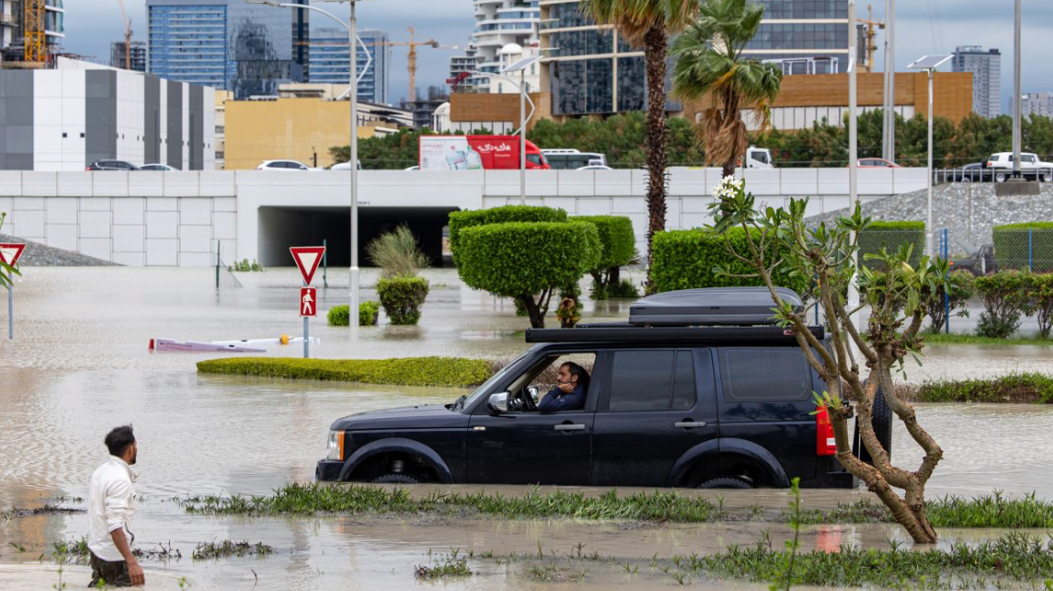
Heavy thunderstorms on Tuesday brought the biggest rain ever recorded in Dubai in a single day to the United Arab Emirates (UAE). It was dubbed a "historic weather event," marking the worst weather event since records began in 1949, according to the state-run WAM news service. It rained more than 142 mm (5.59 inches) in the desert city, which was too much for its infrastructure to handle. Dubai International Airport, a major airport for travel around the world, had to close because of flooding on the taxiways and nearby roads, leaving people stuck. The city's usually busy streets turned into raging rivers, which slowed down traffic and cut off power.
🚨 BREAKING: Dubai is UNDERWATER as floods submerge the city pic.twitter.com/XN7hmkA4oJ — Daily Mail Online (@MailOnline) April 17, 2024
Because the UAE is a dry region accustomed to hot weather and little rain, it was ill-prepared for such a large storm. Flash floods hit many roads and buildings due to their poor drainage systems. As the rapid flooding shows, climate change is likely to make desert cities even more vulnerable to extreme weather events.
It's raining heavily in Afghanistan and Pakistan
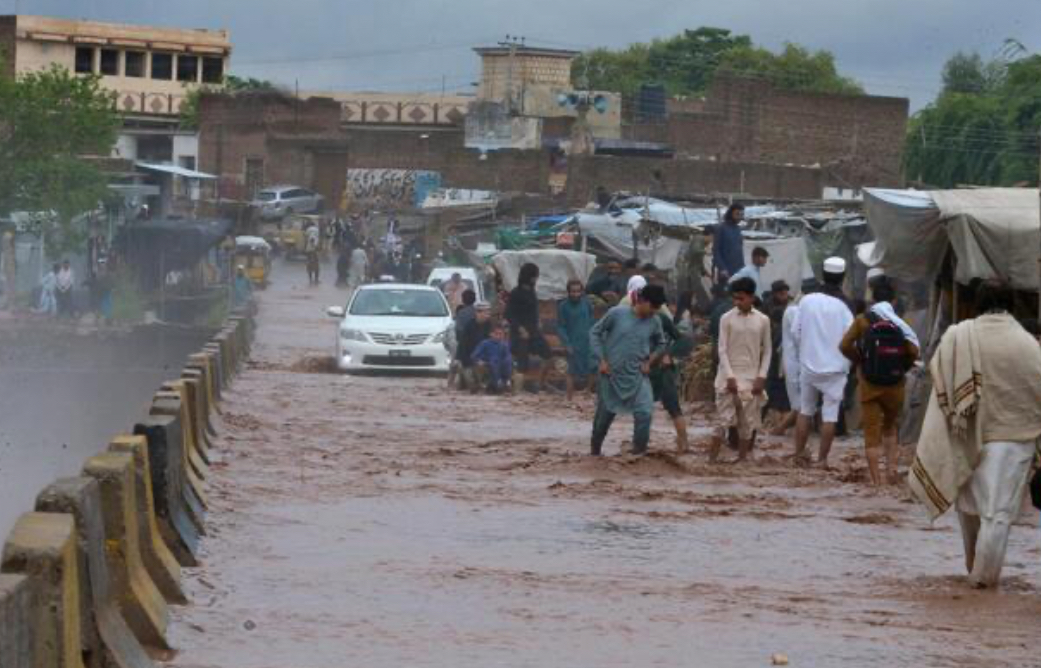
While Dubai faced a surprise flood, nearby Pakistan and Afghanistan experienced more severe weather. Heavy rains, unusual for the time of year, hit both countries, causing deadly floods and landslides. The constant rain and lightning killed at least 49 people in Pakistan, which the UN's Global Climate Risk Index says is the most climate-vulnerable country in the world. The disaster hit hardest in Balochistan, which is in the southwestern part of the country. After flooding entire towns, they declared a state of emergency.
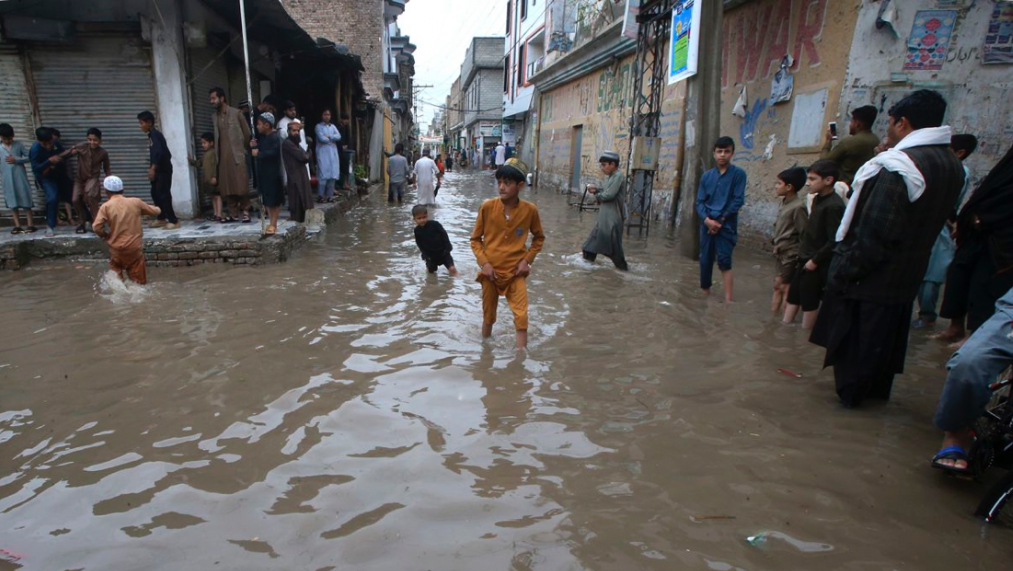
What was going on in Afghanistan was similar to what was happening in Pakistan. Heavy rains and floods destroyed 23 states, killing over 66 people and claiming many more. The rising waters damaged homes, killed animals, and forced thousands of people to leave their homes. Afghanistan was already weak after years of war and bad economic times, and this natural disaster made things even worse. The political unrest that is still going on made rescue efforts even harder, making people worry about the well-being of the affected people.
Climate change: the scary threat
The extreme weather that has hit the Middle East is a wake-up call to the growing risks of climate change. Researchers have found a strong link between global warming and the rise in the number and severity of extreme weather events. More water vapour is in the air when temperatures rise, which makes it rain more often and causes weather trends to change quickly.
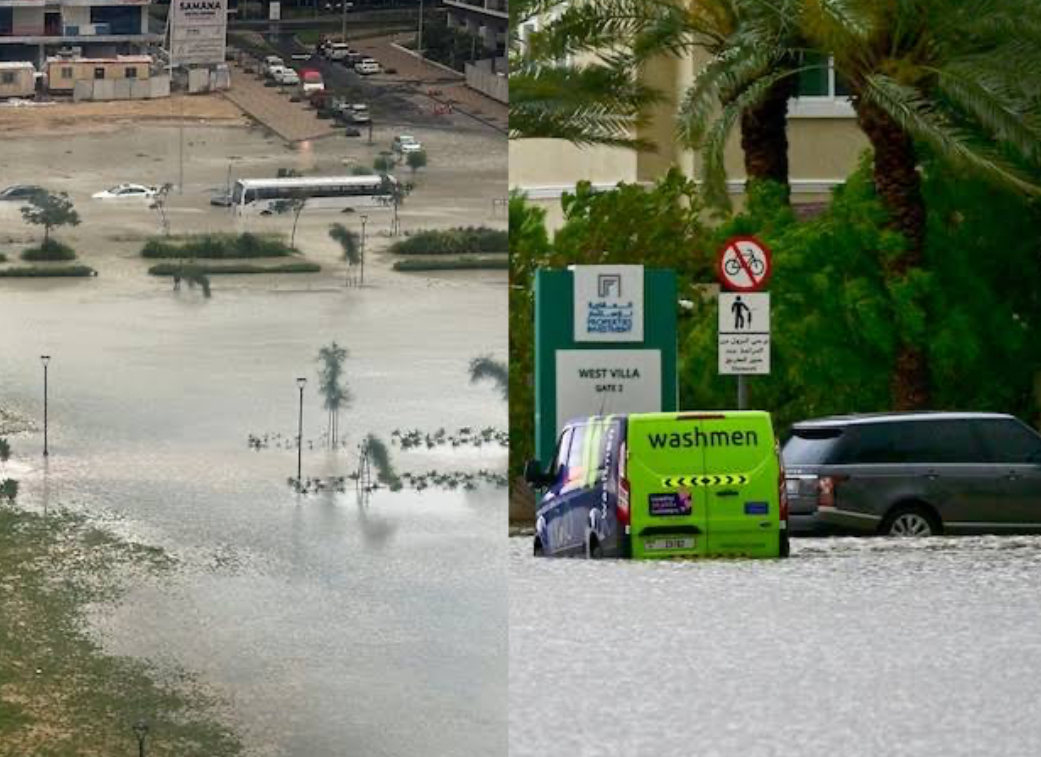
For example, Pakistan has been a leader in fighting climate change for a long time. In 2022, terrible floods hit the country, submerging a third of its area, forcing millions of people to leave their homes, and destroying a lot of property. The recent floods serve as a stark reminder of the country's dire situation and the urgent need for response plans.
How quickly do we need to act?
The latest flood in the Middle East shows how important it is for the whole world to do something about climate change right away. These important steps must be taken:
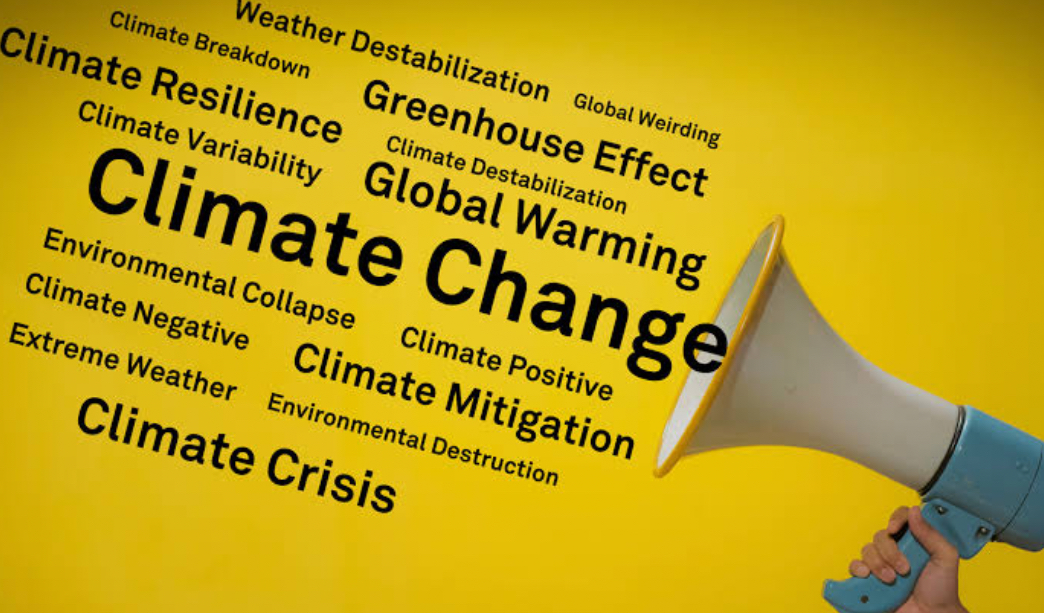
Mitigation: The most crucial action is to eliminate carbon dioxide. In every area, it is necessary to switch to renewable energy sources, improve energy efficiency, and use environmentally friendly methods.
Adaptation: To make their structures more resistant to climate change, they need to invest in early warning systems and strong plans for how to handle disasters. We must equip weak communities with the necessary tools to adapt to the changing climate.
Cooperation between countries: Developed countries must keep the money they promised to help poor countries fight climate change. For technological progress and information sharing to happen, people must work together.
We should be very careful after the recent storms. We can't afford to take it easy. Moving quickly now will help us build a stronger future for ourselves and future generations.
The next step
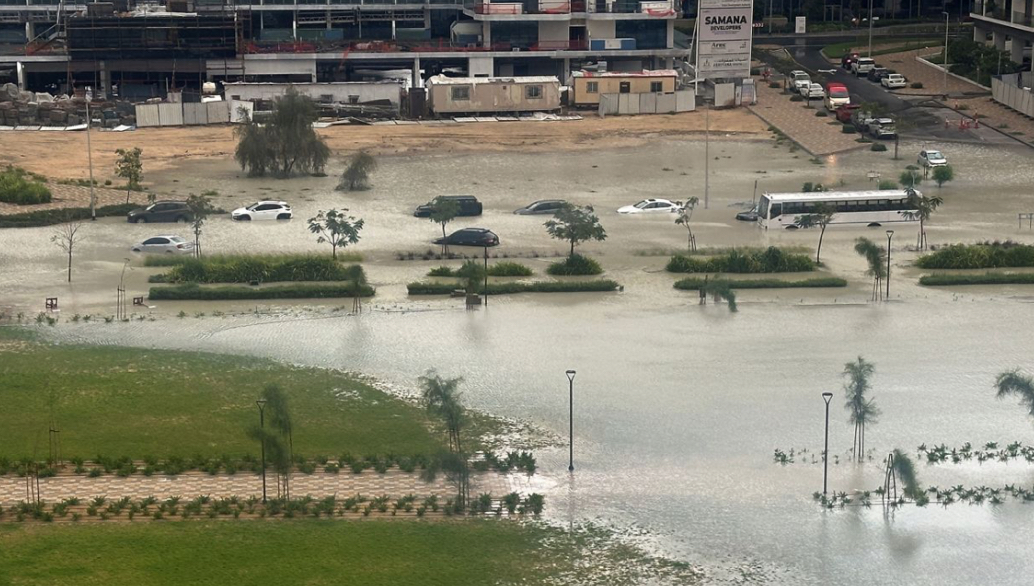
The floods in Afghanistan, Pakistan, and Dubai should wake everyone up. It is a powerful warning of how bad climate change is and how quickly we need to work together to stop it. We can give our world a safer future by putting mitigation strategies at the top of our list, investing in adaptation, and encouraging people from other countries to work together.
Image Source: Multiple Agencies
Inputs from Agencies
© Copyright 2024. All Rights Reserved Powered by Vygr Media.























